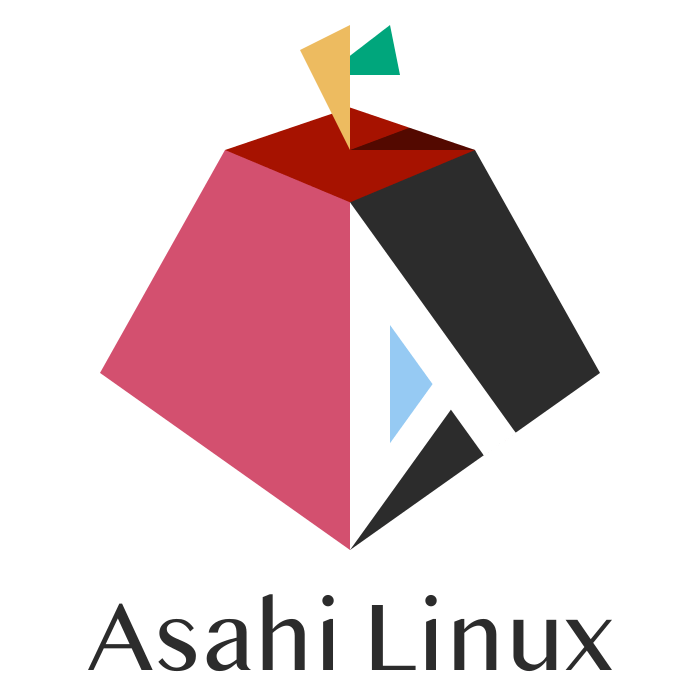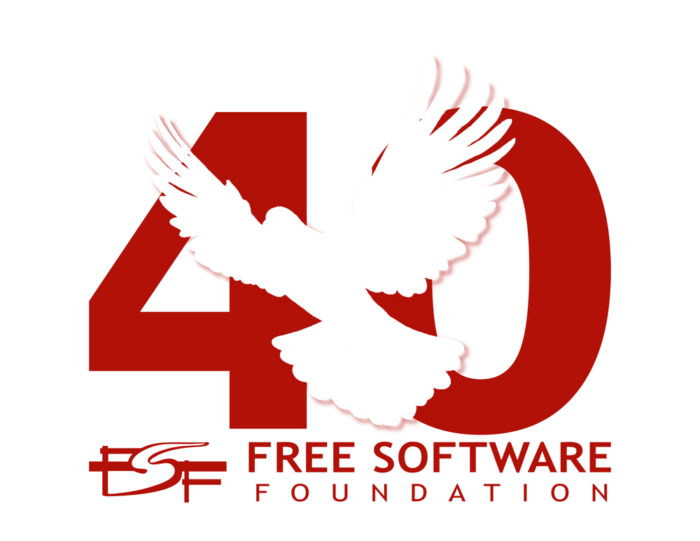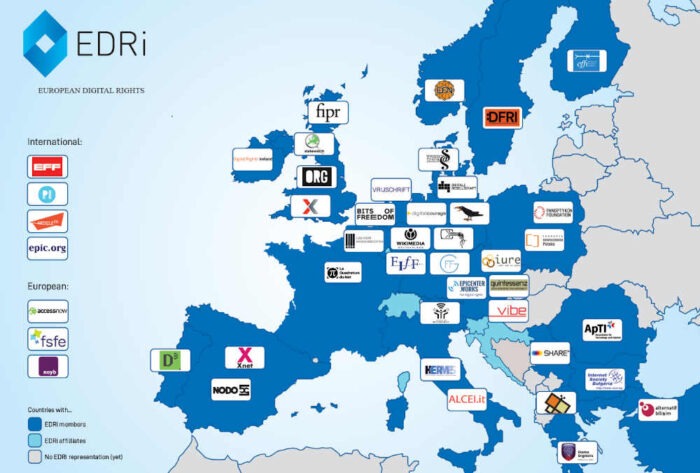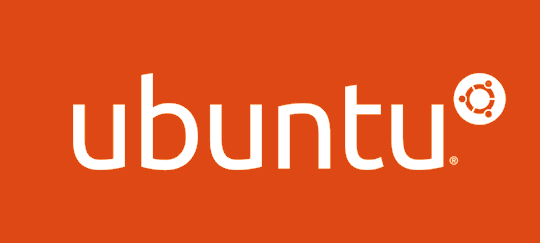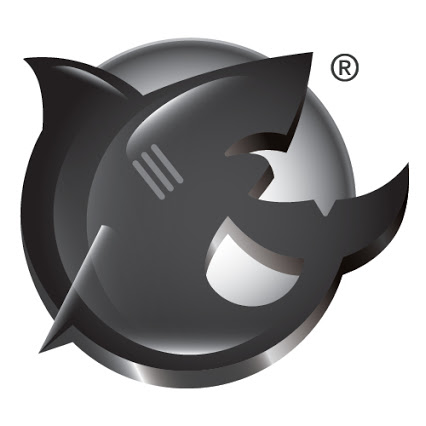AlmaLinux is just one of many exhibitors that will be participating at Scale 22X, the first-of-the-year FOSS expo.
Posts published by “Larry Cafiero”
Larry Cafiero is a journalist and a Free/Open Source Software advocate and is involved in several FOSS projects. Follow him on Twitter: @lcafiero
The folks at Nextcloud have upped their game again with this release of Nextcloud Hub 10. Most impressive are the improvements made to the platform's AI Assistant.
"Musk needs to be arrested with no bail until he accounts for the information that he has stolen and tells where it has been stored and located," Perez said. "Unfortunately, that is very unlikely to happen."
After Asahi Linux's founder and lead developer abruptly quit on Thursday, the project moves forward with seven developers sharing the lead role.
Lordy, lordy, lordy, FSF is turning 40. What we want to know is, how is that even possible?
Relatively unknown in the US, the European Digital Rights organization is a big deal in the EU. In this article, we look at many of the more than 50 organizations that lend their support and guidance to the organization.




